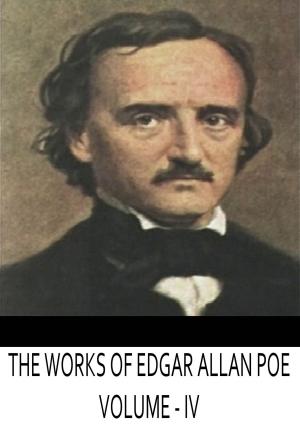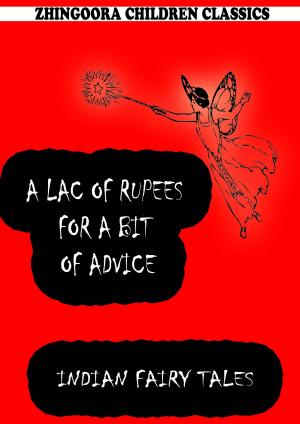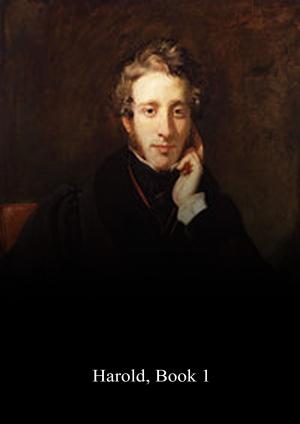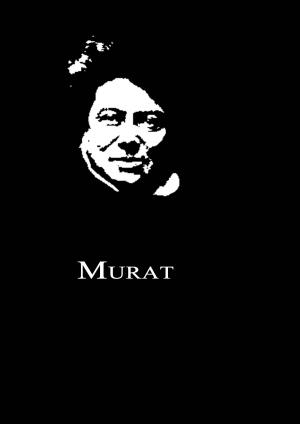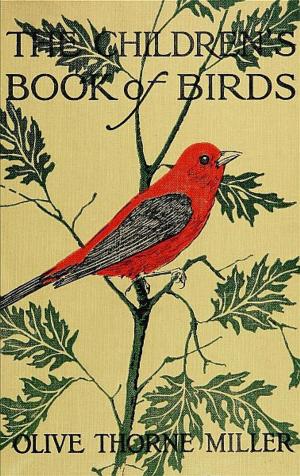| Author: | Charles Dickens | ISBN: | 1230000036577 |
| Publisher: | Zhingoora Books | Publication: | December 4, 2012 |
| Imprint: | Language: | English |
| Author: | Charles Dickens |
| ISBN: | 1230000036577 |
| Publisher: | Zhingoora Books |
| Publication: | December 4, 2012 |
| Imprint: | |
| Language: | English |
Christmas Summary Classics
This series contains summary of Classic books such as Emma, Arne, Arabian Nights, Pride and prejudice, Tower of London, Wealth of Nations etc. Each book is specially crafted after reading complete book in less than 30 pages. One who wants to get joy of book reading especially in very less time can go for it.
Oliver Twist
"The Adventures of Oliver Twist," published serially in "Bentley's Miscellany," 1837-39, and in book form in 1838, was the second of Dickens's novels. It lacks the exuberance of "Pickwick," and is more limited in its scenes and characters than any other novel he wrote, excepting "Hard Times" and "Great Expectations." But the description of the workhouse, its inmates and governors, is done in Dickens's best style, and was a frontal attack on the Poor Law administration of the time. Bumble, indeed, has passed into common use as the typical workhouse official of the least satisfactory sort. No less powerful than the picture of Oliver's wretched childhood is the description of the thieves' kitchen, presided over by Fagin. Bill Sikes and the Artful Dodger are household words for criminals, and the character of Fagin is drawn with wonderful skill in this terrible view of the underworld of London.
Christmas Summary Classics
This series contains summary of Classic books such as Emma, Arne, Arabian Nights, Pride and prejudice, Tower of London, Wealth of Nations etc. Each book is specially crafted after reading complete book in less than 30 pages. One who wants to get joy of book reading especially in very less time can go for it.
Oliver Twist
"The Adventures of Oliver Twist," published serially in "Bentley's Miscellany," 1837-39, and in book form in 1838, was the second of Dickens's novels. It lacks the exuberance of "Pickwick," and is more limited in its scenes and characters than any other novel he wrote, excepting "Hard Times" and "Great Expectations." But the description of the workhouse, its inmates and governors, is done in Dickens's best style, and was a frontal attack on the Poor Law administration of the time. Bumble, indeed, has passed into common use as the typical workhouse official of the least satisfactory sort. No less powerful than the picture of Oliver's wretched childhood is the description of the thieves' kitchen, presided over by Fagin. Bill Sikes and the Artful Dodger are household words for criminals, and the character of Fagin is drawn with wonderful skill in this terrible view of the underworld of London.
![Cover of the book Oliver Twist [Christmas Summary Classics] by Charles Dickens, Zhingoora Books](https://www.kuoky.com/images/2012/december/500x500/1230000036577-N3ob_500x.jpg)

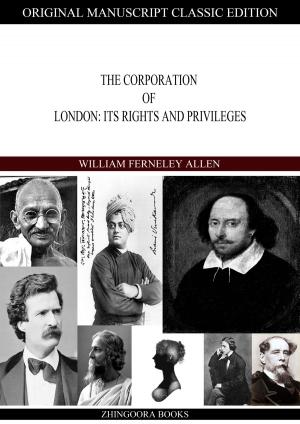
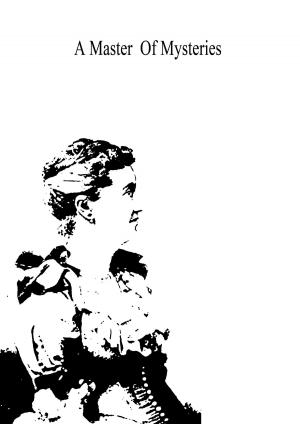

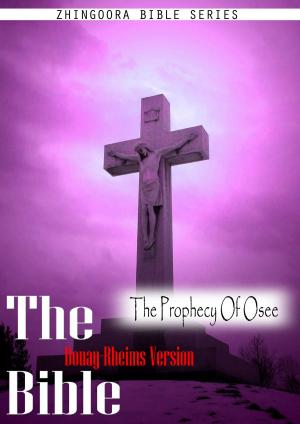
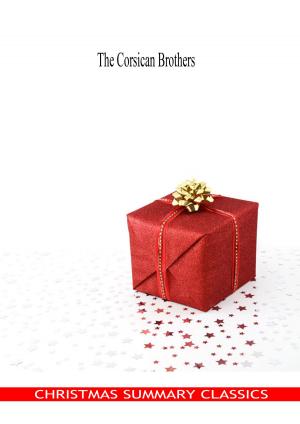

![Cover of the book Nightmare Abbey [Christmas Summary Classics] by Charles Dickens](https://www.kuoky.com/images/2012/december/300x300/1230000036867-qvpU_300x.jpg)
